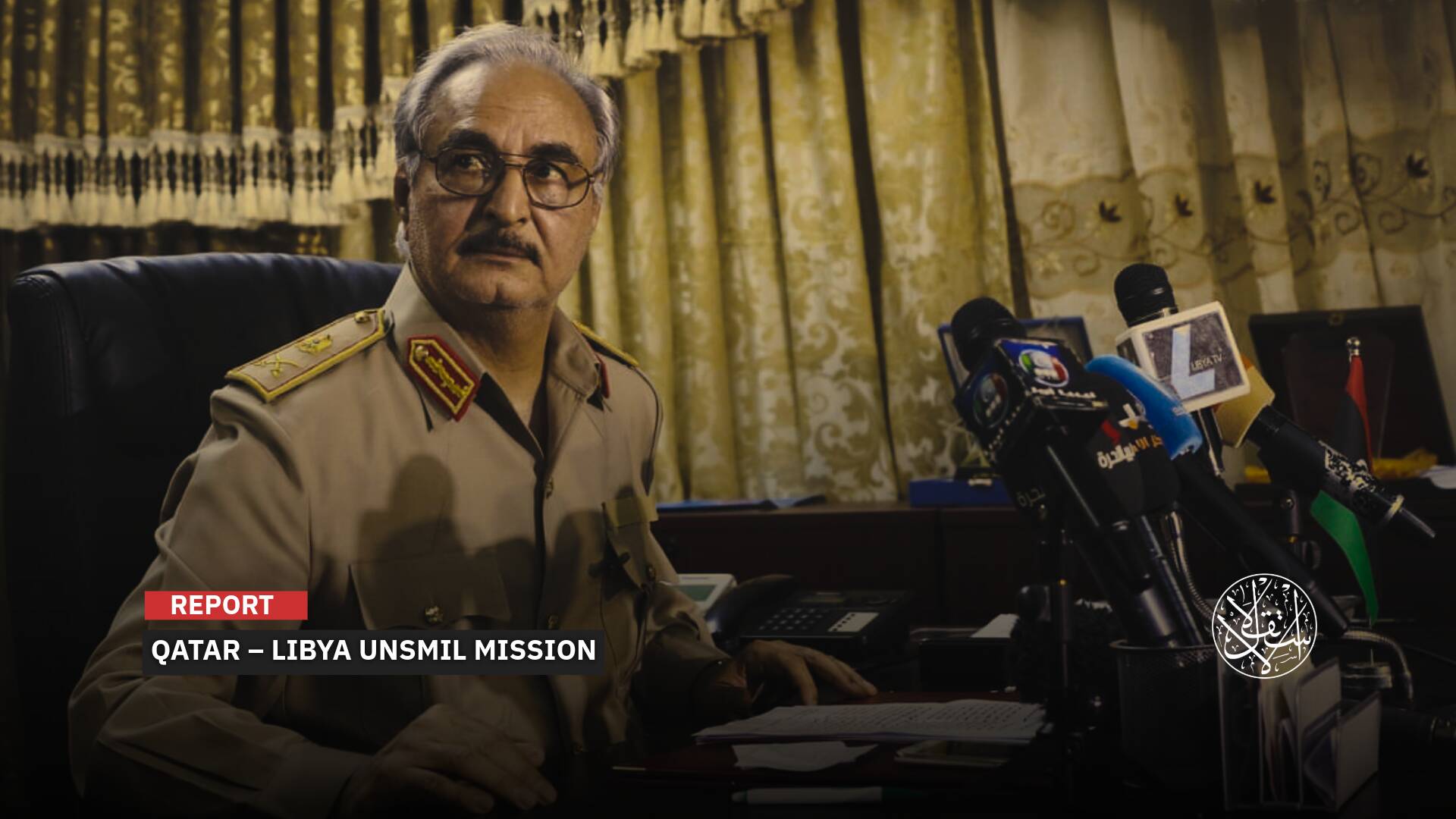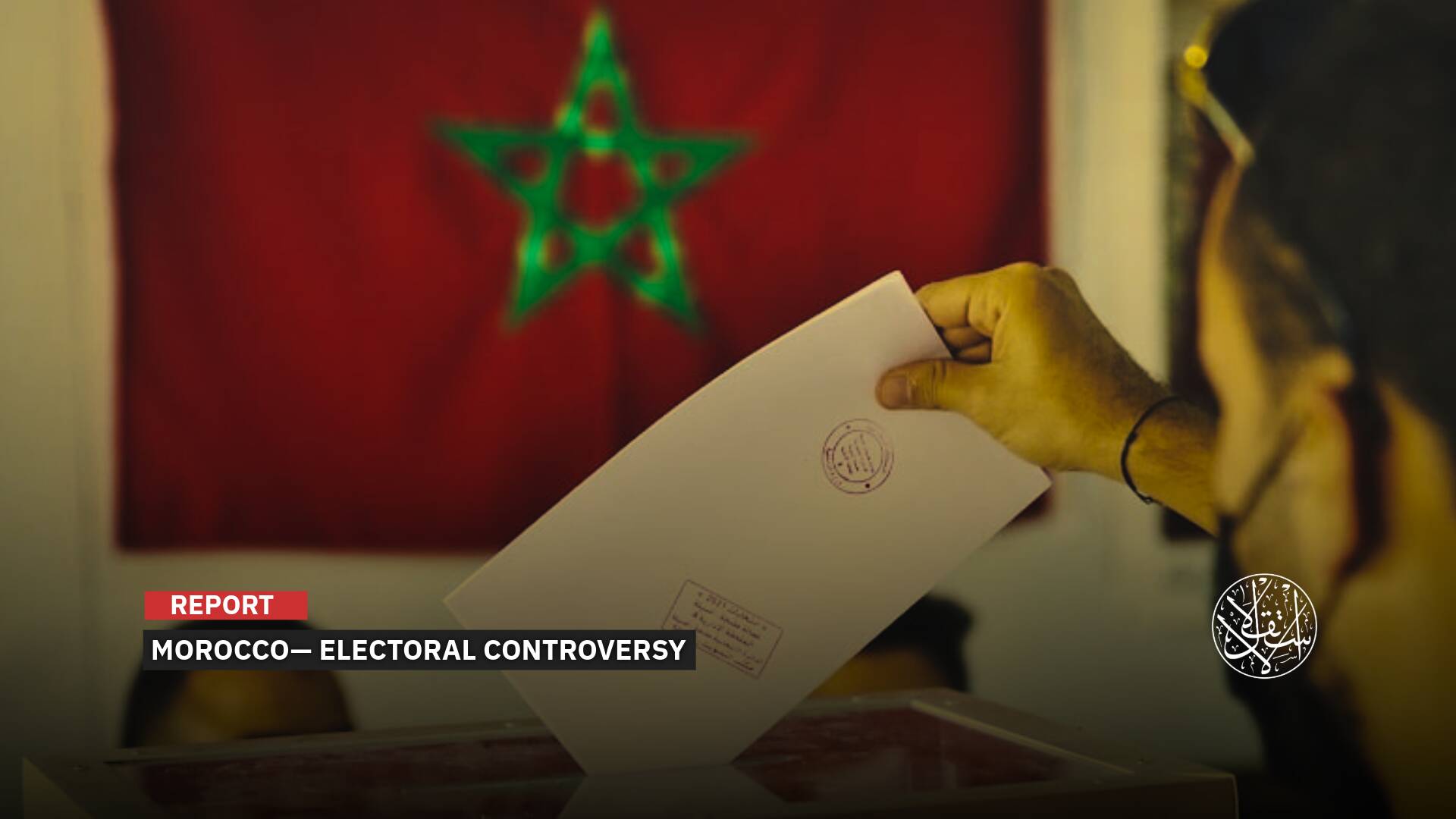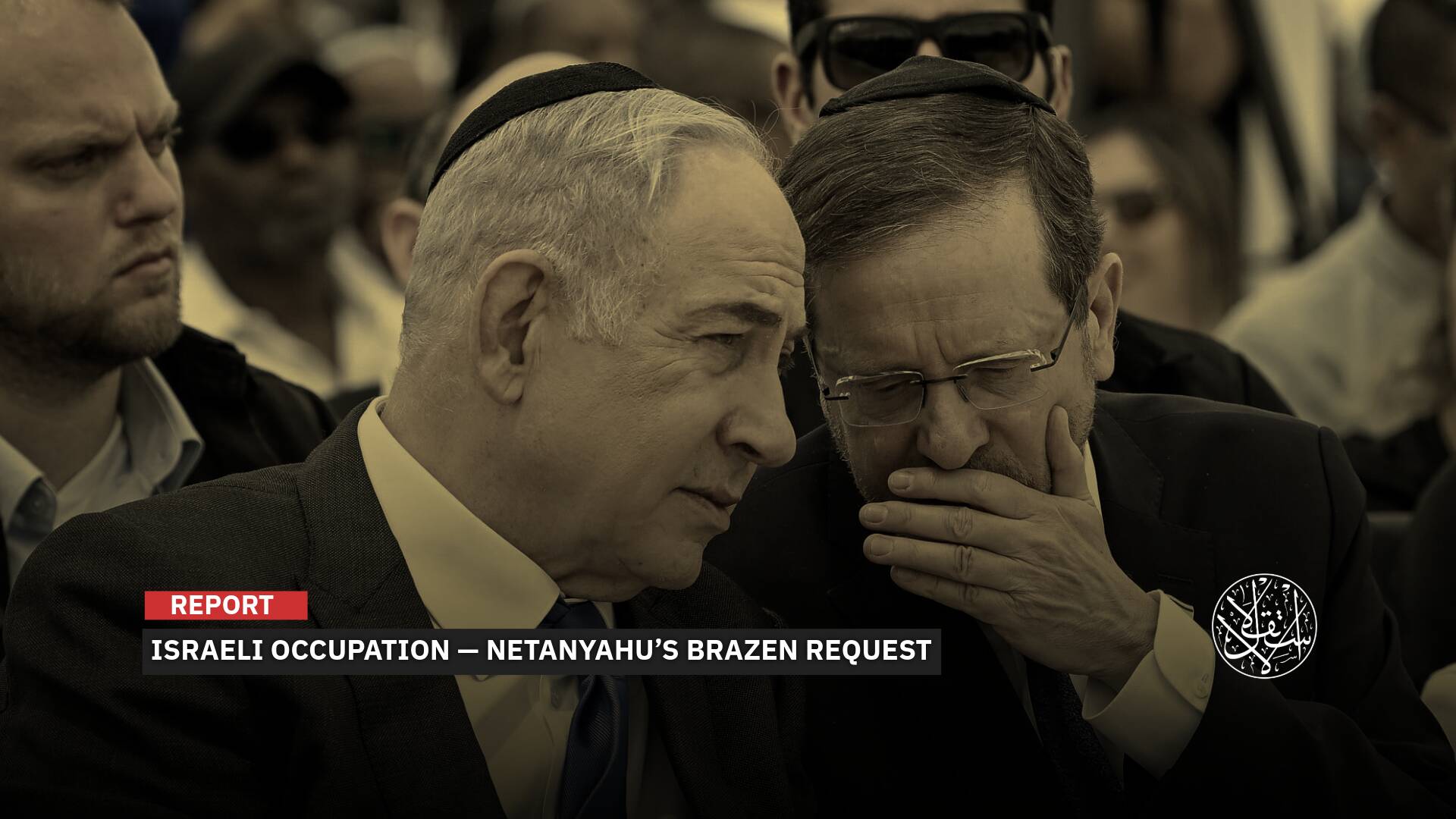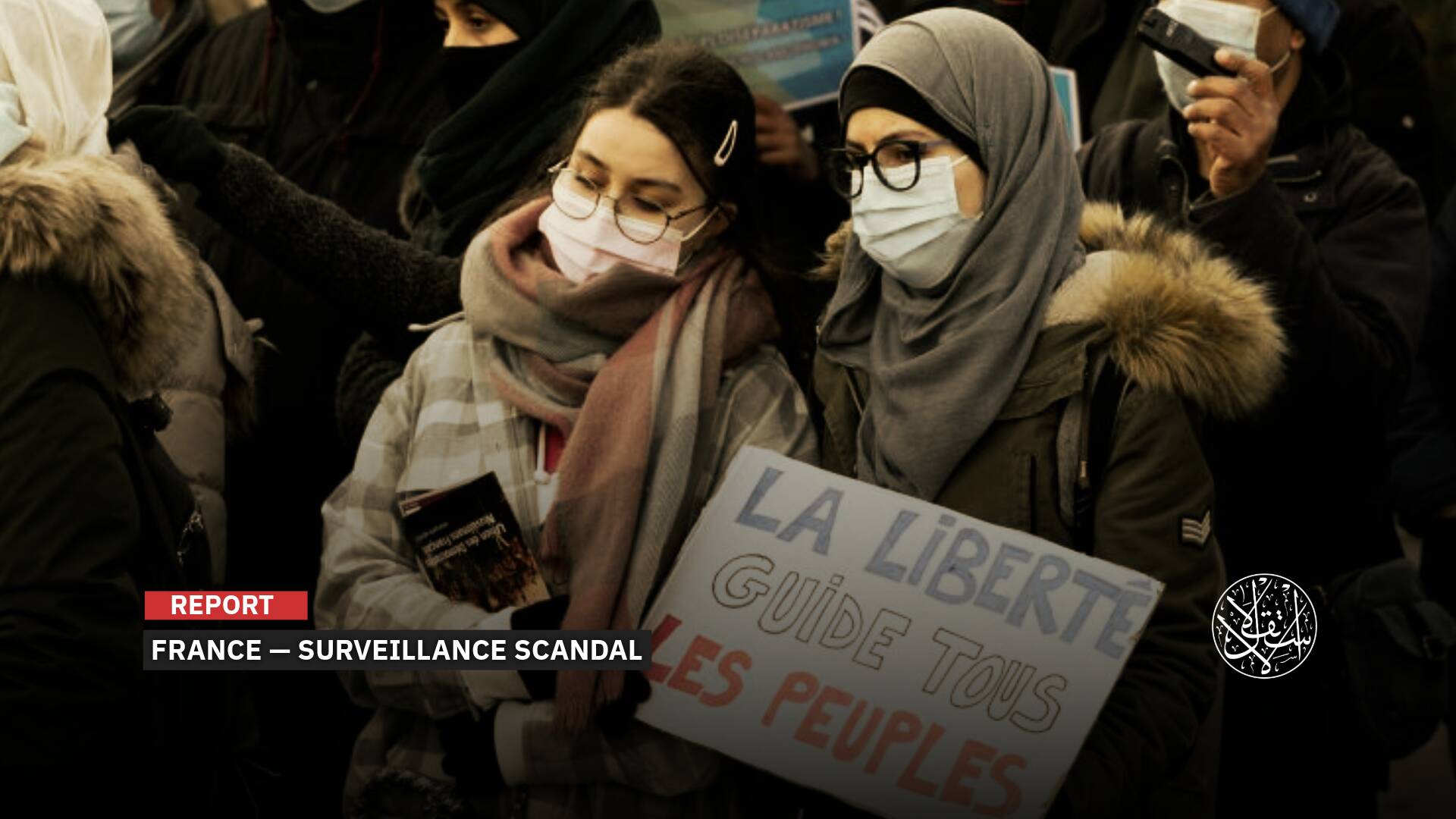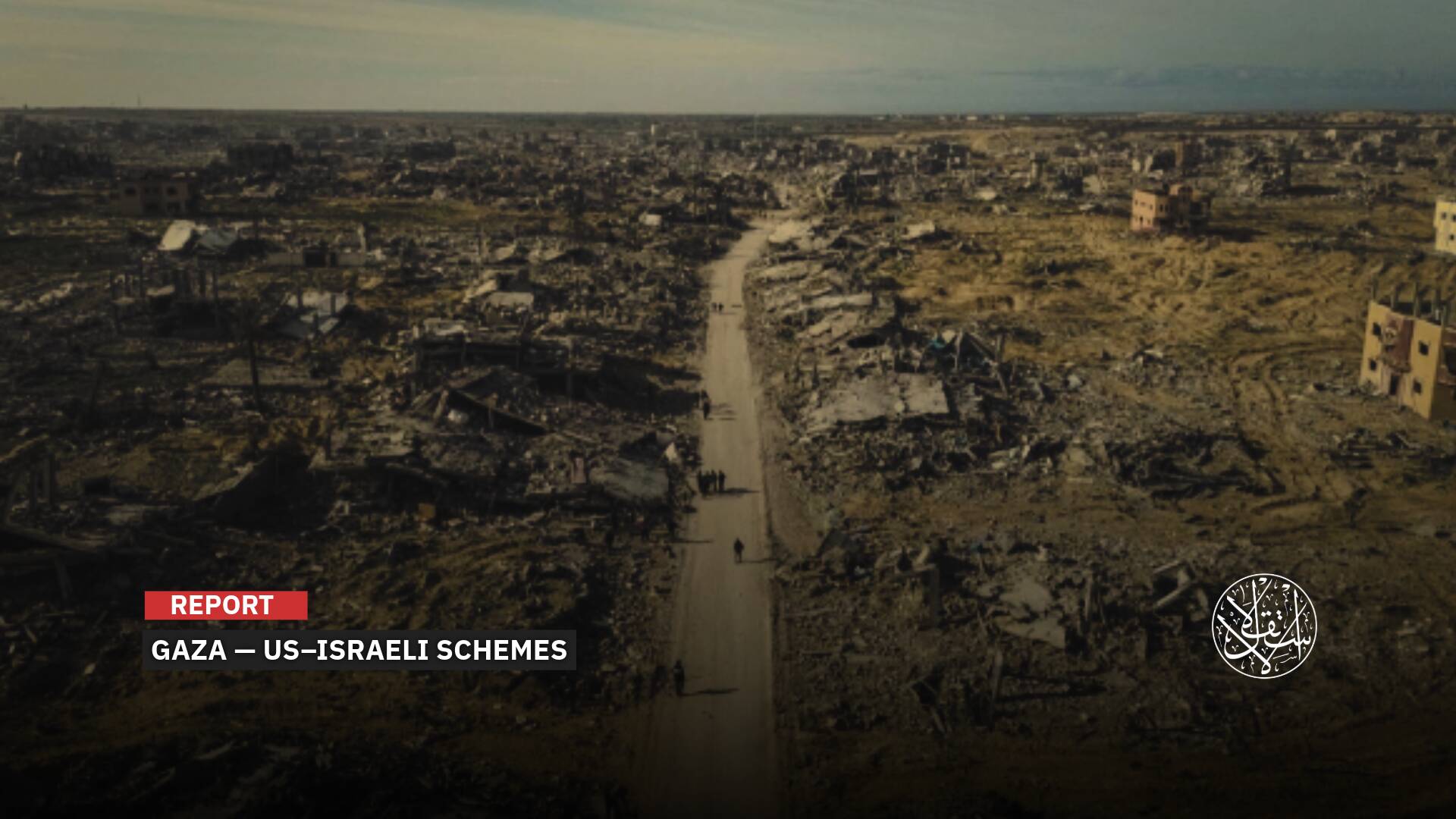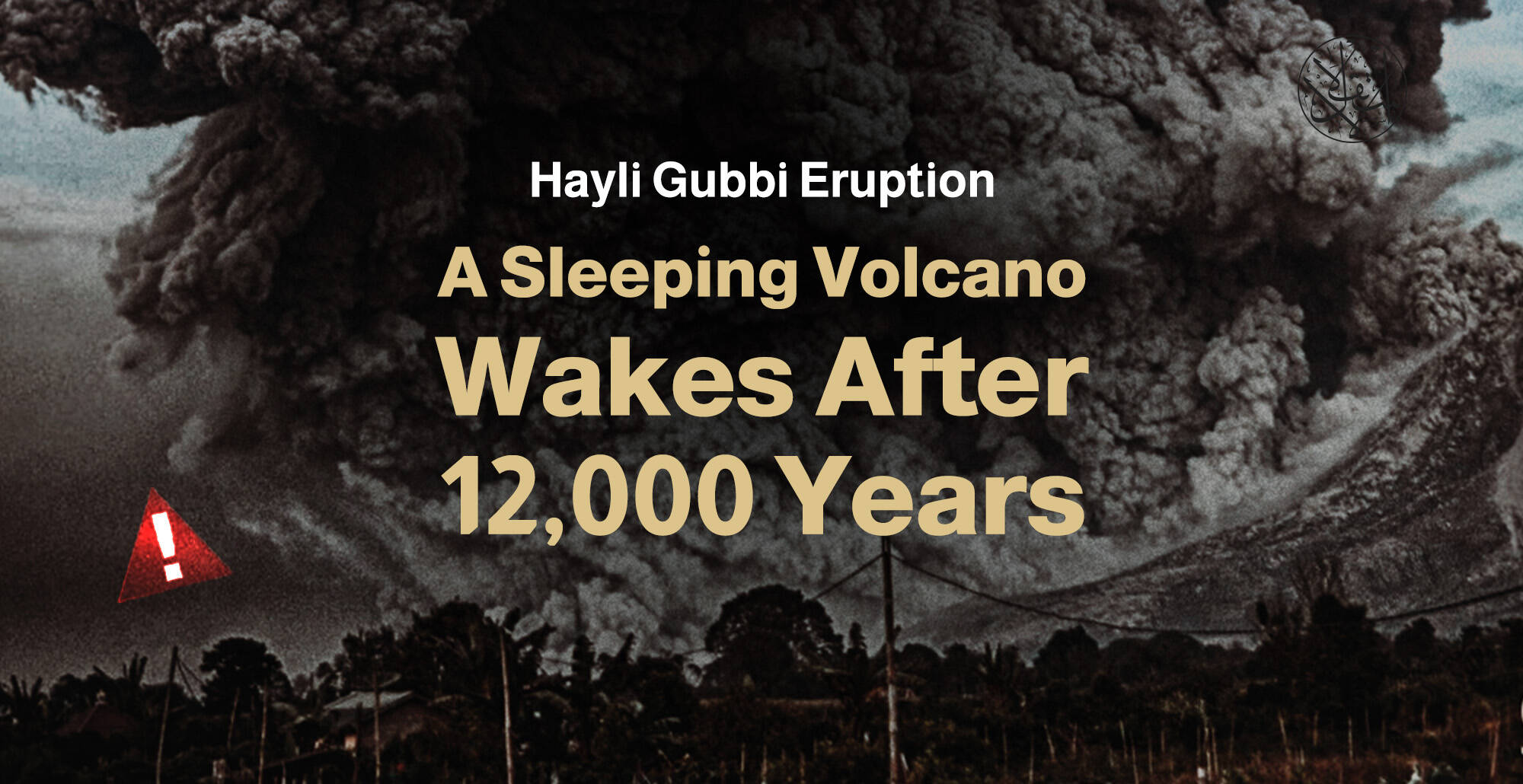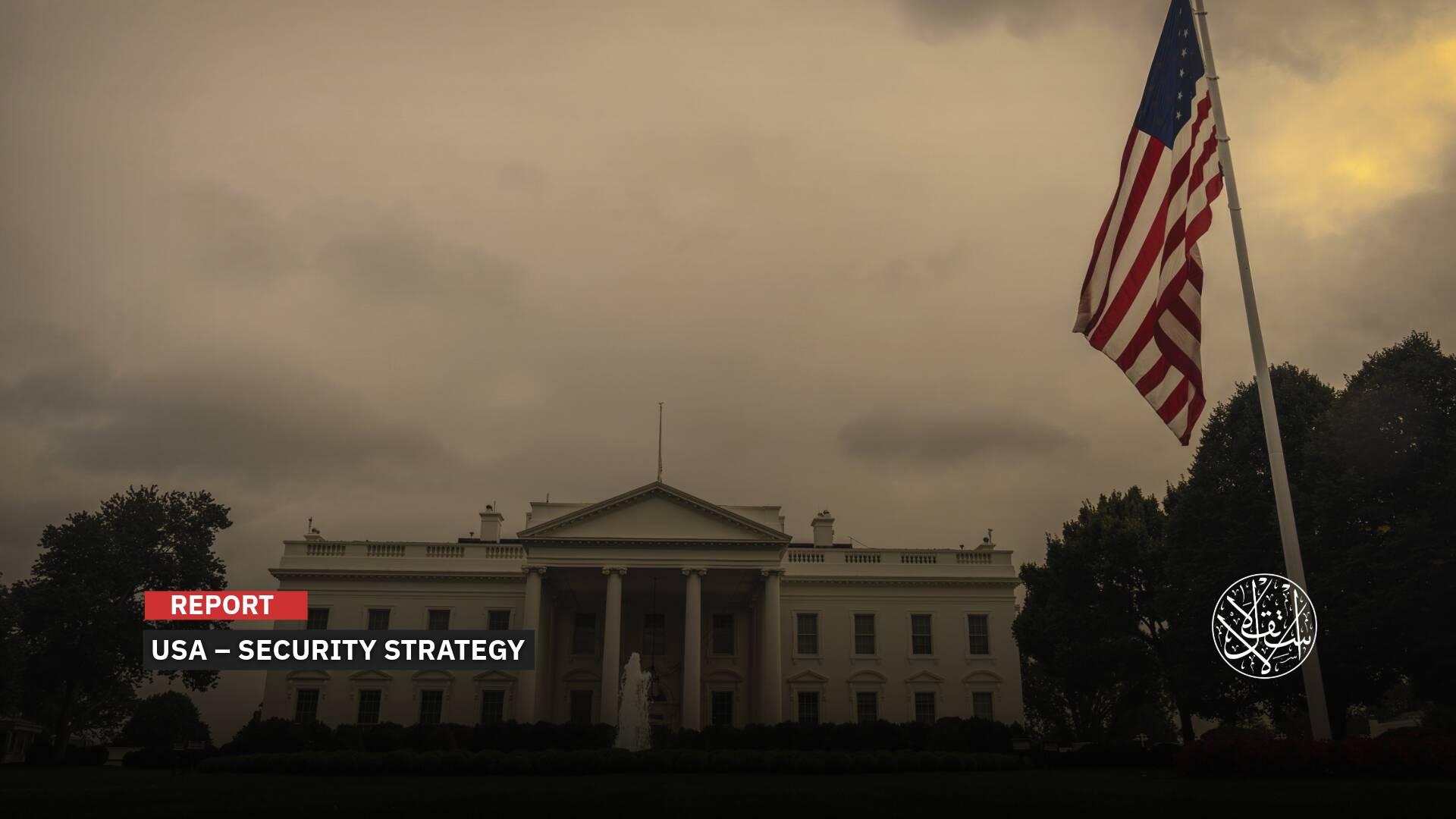Corruption Index in Morocco Falls: Is the Akhannouch Government to Blame?

This government is part of the problem related to the growing corruption in Morocco.
A government agency dedicated to tackling corruption in Morocco has ignited a backlash from the administration of businessman Aziz Akhannouch, following the release of a report that sharply criticizes the executive branch and highlights the alarming spread of corruption in the country.
Mohamed Bachir Rachdi, the head of the National Authority for Probity, Prevention and Fight against Corruption (INPPLC), disclosed that Morocco received a score of 38 out of 100 on the 2023 Corruption Perceptions Index, reflecting a decline of five points over the last five years.
This drop has impacted Morocco's international standing, with the country plummeting from 73rd to 97th place out of 180 nations since 2018—a staggering fall of 24 positions in just five years, as Rachdi explained in a press conference held on October 8, 2024.
According to the INPPLC’s diagnosis, “Morocco’s ranking dropped by two positions at the African level, positioning it in the middle, preceded by sixteen other countries.”
A Significant Gap
Rachdi, the head of the National Authority for Probity, Prevention and Fight against Corruption (INPPLC), confirmed that “Morocco has also experienced a decline in the indexes and indicators related to Judicial Independence, Freedom of the Press, and Online Services, all components of the Index of Public Integrity (IPI) of the European Research Centre for Anti-Corruption and State-Building (ERCAS).”
ERCAS underscored a "notable gap" in citizens' perceptions of the government's effectiveness in addressing corruption within public administration.
The findings from the African Barometer highlight a troubling trend: as awareness of corruption rises, it becomes increasingly evident that vulnerable and marginalized communities are the most affected. In remote areas, where resources are often scarce and governance structures may be weaker, the impacts of corruption can be devastating.
These communities often lack the means to fight back against corrupt practices, leaving them to bear the brunt of these injustices. This disproportionate burden reinforces existing inequalities, trapping impoverished populations in a cycle of poverty
Based on the 2023 World Bank Enterprise Surveys, “corruption remains the second-ranked top business environment obstacle for firms in Morocco.”
Tracking the progression of corruption in Morocco, the “a decline of 1 point in the (V-Dem) Project, a 2-point decline in the PRS Group International Country Risk Guide (ICRG), and a 2-point improvement in the World Economic Forum Executive Opinion Survey (WEF).”
Rachdi emphasized that this pervasive issue, which carries profound economic consequences for both developing and developed nations, costs Morocco between 3.5% and 6% of its GDP each year—an estimated 50 billion dirhams (around $5 million)—while globally, it represents 4% of total output, amounting to $2 trillion.
INPPLC emphasized the urgent need for fundamental reform of the mandatory asset declaration system and the adoption of a comprehensive project that addresses current challenges.
It underscored the necessity for a thorough review of the legal texts aimed at combating corruption. It advocated for an integrated information system that simplifies and facilitates the declaration process for those obligated to comply.
Government Response
The government's response was described as "forceful" in reaction to the report from, in which the (INPPLC) presented a negative assessment of the government's performance in the fight against corruption.
During a press conference on October 10, 2024, government spokesperson Mustapha Baitas was surprised “at the National Integrity and Anti-Corruption Authority’s lack of attention to the government’s efforts on this issue and the measures taken to combat corruption.”
Baitas remarked, “I’m even more astonished when it comes to other institutions in the same field, as we ask them to do things that aren’t even included in their regulating laws. before asking the government to take action, we should first familiarize ourselves with the laws that govern these institutions.”
"No one can claim to be fighting corruption more than anyone else. This is a battle we all share equally, including the executive branch, other constitutional institutions involved in this issue, and the National Integrity and Anti-Corruption Authority."
Baitas believes that combating corruption is a major objective for the government, which has been working diligently on this since its installation.
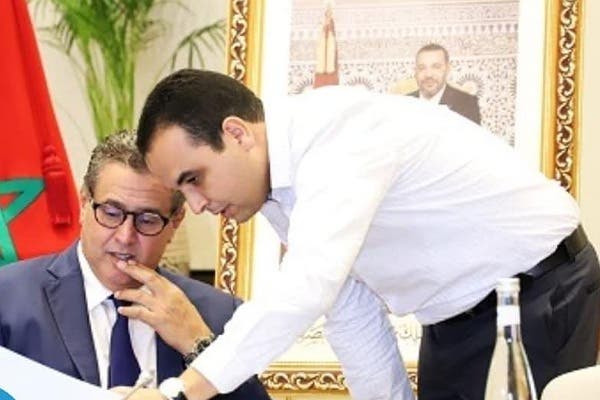
Report Ripple, Government Riposte
The union leader and political activist Halima Chouika considered the Corruption Perceptions Index report as a source of greater objectivity in documenting and diagnosing corruption in Morocco.
In an interview with Al-Estiklal, Halima Chouika believes that this report "reflects the foundational and organizational character of the agency [ an objective diagnosis], as well as its capacity to propose solutions in this field."
The report’s findings should have compelled "stakeholders and the government to engage positively, confidently, and responsibly with the report's findings [to combat corruption]."
However, Chouika expressed regret that the government's reaction was characterized by skepticism and accusations, rather than constructive engagement with the report's recommendations.
"This includes convening the government committee tasked with combating corruption, addressing the legislative and legal void related to corruption and conflicts of interest, protecting whistleblowers, and tackling illicit enrichment, among other issues.”
"This will not be achieved with the current government, which is associated with conflicts of interest," stressing that "these are not value judgments, but rather observations grounded in reality, as many members of the ruling coalition and local municipalities are being prosecuted in financial crime courts,” as warned by Chouika.
Chouika argues that addressing the findings of the report requires more than just technical or legislative actions; it necessitates the creation of genuine political management to dismantle the corrupt elites within government, parliament, and local municipalities.
In her opinion, achieving this goal is unfeasible under the current government, which contributes to the rising corruption in Morocco, particularly since both the Prime Minister and several cabinet members own companies that profit from public contracts, including the largest seawater desalination plant in Africa, which was awarded to the Prime Minister.
Chouika also pointed out that since taking office, Minister of Justice Abdellatif Ouahbi has quickly retracted the bill on illicit enrichment and has suggested amendments that would hinder anti-corruption organizations from filing complaints against those misappropriating public funds, as part of revisions to the penal code.
Former Minister of State Mustapha Ramid previously criticized the leader of the Authenticity and Modernity Party Abdellatif Ouahbi decision, calling the withdrawal of the penal code project from parliament a "grave mistake."
During a press conference, Ramid claimed that withdrawing the project entirely amounts to an indefinite suspension of the legislative principles of the constitution.
From his point of view, the delay in finalizing and the eventual abandonment of this project are connected to its provisions that criminalize illicit enrichment.
Ramid concluded by stressing that the journey toward reform is difficult and complicated, as those opposed to reform use misleading arguments and cunning tactics to obstruct efforts to promote integrity in public life and combat corruption.
Societal Response
The Justice and Development Party (opposition), the ruling party from 2011 to 2021, did not let the report from the National Authority for Integrity and the government's response pass without voicing a political stance on the issue of corruption and the government’s responsibility in it.
In a statement issued on October 13, the party's General Secretariat firmly stood with combating corruption and bribery as a national and developmental necessity, given the negative impact of this affliction on public trust in institutions and the significant opportunities for development that it undermines.
The party urged the government to promptly acknowledge the setbacks highlighted in the report regarding Morocco's scoring and ranking in the Corruption Perceptions Index, particularly concerning the executive, legislative, and judicial branches.
In this context, the General Secretariat called on the government, instead of attacking the National Authority for Integrity, to immediately implement its recommendations and proposals.
Younes Maskin, editor-in-chief of Moroccan newspaper Akhbar al Yaoum, criticized the government's assault on the agency, suggesting it would have been more prudent for the government to address the gravity of the situation, clarify its stance, and offer reassurances.
In an editorial for the voice on October 11, Maskin noted that government spokesperson Baitas turned his weekly press conference into a platform for disparaging the authority.
He asserted that Baitas’ attack on the agency is unacceptable to Moroccans, who voted for the constitution and pay taxes to support the establishment of institutions, not to witness such bickering.
In this context, he pointed to two actions that Baitas framed as achievements in the government's anti-corruption efforts: legal proceedings that he claims demonstrate a robust commitment to addressing the misuse of public funds.
However, no clarification was given on when these prosecutions became the government's responsibility or when it appropriated this role from the judiciary.
Additionally, he mentioned a decree on public contracts, yet a glance at contractor surveys shows it has failed to change the situation on the ground.
Maskin emphasized that the government spokesperson could have avoided this "unjustified rhetoric" if he had simply answered a pressing question from the head of the authority: why has the National Anti-Corruption Committee not convened even once during Akhannouch's term?
The committee originated from the national anti-corruption strategy adopted in late 2015, designed to coordinate efforts among the government, the authority, and other institutions, with the Prime Minister as its head. The previous Prime Minister, Saadeddine el-Othmani, convened the committee twice in 2018 and 2019.
This momentum dissipated after Akhannouch took office following the 2021 elections, with coordination between the authority's head and the Prime Minister effectively ceasing, suggesting the government's desire to permanently close the chapter on the authority.
The Prime Minister's handling of a constitutional institution like the anti-corruption agency reflects an ongoing effort to undermine its work and erode the progress made since Morocco ratified the United Nations Convention Against Corruption in 2003.
The government spokesperson's mocking and dismissive comments regarding a constitutional institution and its functions not only undermine the constitution itself but also reject the enforcement of its provisions, which mandated the establishment of the agency and conferred powers that require government involvement and cooperation.
Sources
- Report: Morocco Drops 24 spots in the Corruption Perceptions Index. [Arabic]
- The Justice and Development Party Calls on the Government to Adopt Independent Legislation to Criminalize Illicit Enrichment. [Arabic]
- The Government Attacks the National Authority for Integrity and Anti-Corruption Following Negative Assessment [Arabic]
- The Corrupted Morocco Plan


